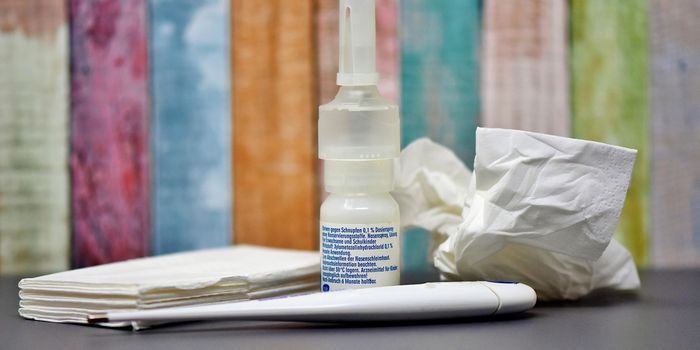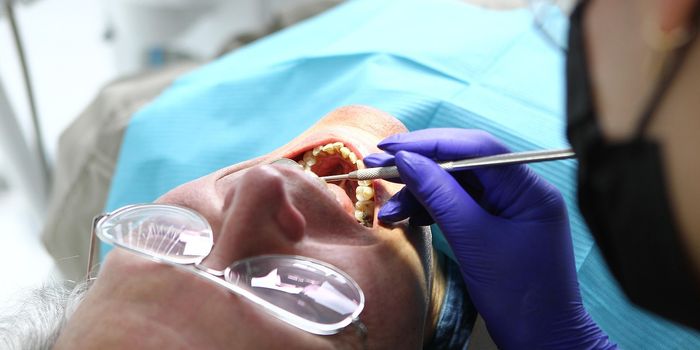FDA Approves HPV Vaccine to Prevent Throat Cancer
For around a decade, research has suggested that Gardasil, an HPV vaccine, could prevent throat cancer, a condition that affects 13,500 Americans every year. Now, the Food and Drug Administration (FDA) has approved the latest version of the vaccine, Gardasil 9, for that purpose.
“To have this extended to head and neck cancer is really very helpful for helping to inform the public that this serious disease, which has significant morbidity and mortality associated with it, can be prevented with the vaccine,” says Stewart Lyman, a pharmaceutical consultant.
The first version of the Gardasil vaccine was approved in 2006 for women and girls aged between 9 and 26 to prevent infection by the HPV virus that can result in precancerous cervical lesions. As the lesions are not common to throat cancer, researchers weren’t sure how to prove that it works there too.
HPV was first connected to throat cancer back in 1999. During a surge in the disease, researchers noticed that many cases of throat cancer seemed to come from the HPV virus. They also noticed that these cases seemed to be easier to treat, and most common in middle-aged men who had contracted the virus decades earlier.
Although there is still no data confirming that the HPV vaccine can prevent throat cancer, the FDA has given the vaccine an accelerated approval. That means that its final decision will rely on research currently underway by Merck. In February, the pharmaceutical company began a study of 6,000 men to see whether the vaccine reduces their likelihood of HPV infection in their throats.
While generally opposed to such accelerated approvals, Otis Brawley, an epidemiology professor at Johns Hopkins University, said that he is comfortable with the decision. He says that existing data amassed over the last ten years shows that there are already enough grounds for the vaccine to treat the cancer. He added that giving the vaccine to men too may make it possible to eradicate the HPV virus, and thus the cancers it causes.
Sources: StatNews, Business Wire, Wolters Kluwer









